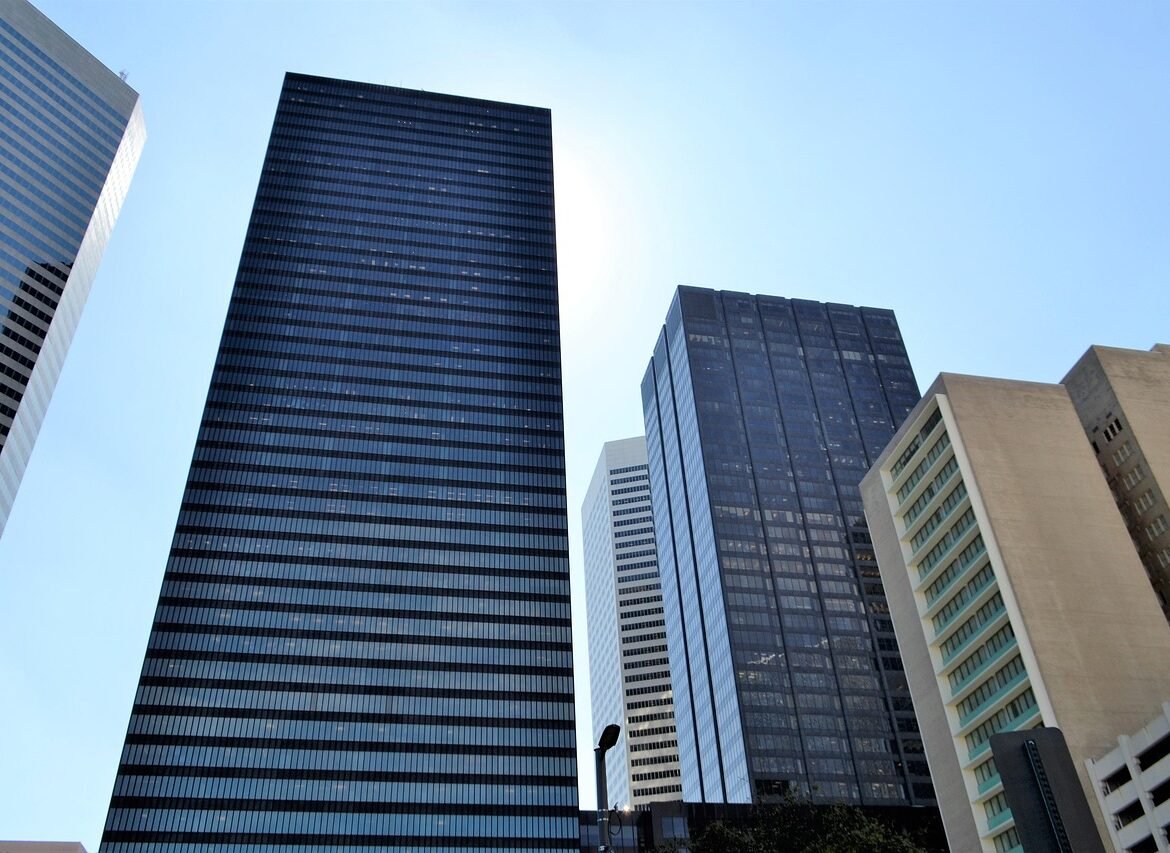Why ESG is Shaping the Future of Commercial Real Estate in India
In the past, commercial real estate in India was primarily driven by location, cost, and square footage. But times are changing—and fast. A new factor is redefining how office spaces are built, leased, and valued: ESG—Environmental, Social, and Governance.
Today, ESG is no longer a corporate buzzword or a checkbox for annual reports. It’s become a powerful lens through which investors, occupiers, and developers are evaluating commercial real estate assets. In India, especially with the rise of REITs, global capital, and a maturing startup ecosystem, ESG is playing a game-changing role.
Environmental: Beyond Just Green Buildings India’s metros are grappling with severe air pollution, rising temperatures, and water scarcity. In this context, buildings are now being seen not just as places to work—but as entities that consume resources and contribute to the environment.
Developers are increasingly incorporating:
Green certifications (IGBC, GRIHA, LEED)
Energy-efficient HVAC and lighting systems
Rainwater harvesting & solar panels
Net-zero targets for upcoming Grade A office parks
And tenants are noticing. Multinational companies often demand green-certified spaces that align with their global sustainability goals. It’s no longer about prestige—it’s about performance.
Social: Spaces That Care About People The “S” in ESG is reshaping how office spaces serve people, not just profits.
Workplaces are expected to support employee wellbeing—with natural lighting, clean air, flexible work zones, accessibility features, and mental wellness programs. Coworking and managed spaces in Indian cities like Bengaluru, Gurgaon, and Hyderabad are at the forefront of this shift.
Moreover, post-COVID, occupiers want buildings that foster community, inclusivity, and health. A high walkability score, female-friendly amenities, inclusive hiring policies for support staff—all these now influence leasing decisions.
In a socially-conscious India, where DEI (Diversity, Equity & Inclusion) is gaining momentum, landlords and developers are learning: people-first places outperform.
Governance: Transparency Is the New Trust Governance in commercial real estate was once a grey area. But with stricter RERA norms, REIT disclosures, and ESG reporting standards, the market is maturing.
Investors now seek:
Transparent ownership structures
Ethical land acquisition
Compliance with environmental laws
Corporate accountability on safety & labour standards
For example, India’s REITs (like Embassy Office Parks and Mindspace Business Parks) are now integrating ESG metrics into investor presentations. Why? Because capital today flows toward responsible, well-governed assets.
Why It Matters for Stakeholders : Developers ESG-aligned projects attract premium tenants, command better valuations, and future-proof assets against regulatory risks.
Occupiers Choosing ESG-compliant buildings helps meet internal sustainability targets, enhances employee satisfaction, and boosts brand image.
Investors Global funds now screen assets based on ESG performance. A property with strong ESG scores often sees better risk-adjusted returns.
The Road Ahead India’s commercial real estate market is expected to touch new highs in the coming decade. But the winners will be those who embrace sustainability, social value, and ethical governance at their core.
ESG is not a trend. It’s a transformation.
The question is—are you building for tomorrow, or still stuck in yesterday?

